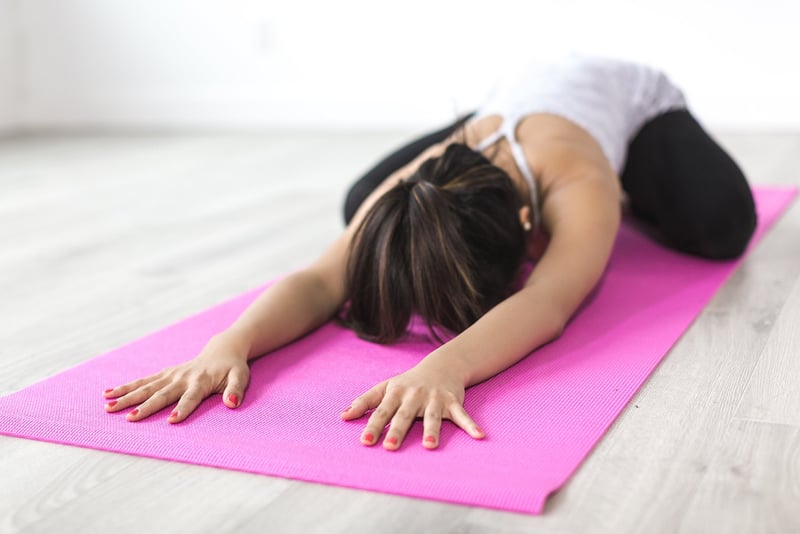Restorative poses
Strengthen Your Body with Restorative Poses
Restorative yoga is a gentle form of yoga that focuses on relaxation and stress relief. While it may not seem like a traditional workout, restorative poses can actually help strengthen your body in a different way. By holding these poses for an extended period of time, you engage your muscles in a low-impact manner, improving endurance, stability, and flexibility.
Benefits of Restorative Poses for Strength
Restorative poses may not involve intense movements, but they offer a range of benefits for strengthening your body:
- Improved muscle endurance
- Enhanced core strength
- Better posture
- Increased flexibility
- Reduced tension and stress
Top Restorative Poses for Strength
Include these restorative poses in your practice to build strength:
- Child's Pose (Balasana): Stretches the hips, thighs, and ankles while gently engaging the core.
- Bridge Pose (Setu Bandhasana): Strengthens the back, glutes, and hamstrings.
- Corpse Pose (Savasana): Promotes relaxation while engaging the entire body in stillness.
- Supported Warrior II: Enhances leg strength and stability while opening the hips and chest.
Tips for Effective Practice
For optimal results, keep these tips in mind when practicing restorative poses:
- Focus on deep, steady breathing to enhance relaxation and muscle engagement.
- Use props like blankets, bolsters, and blocks to support your body in each pose.
- Hold each pose for at least 3-5 minutes to allow for a deeper stretch and muscle activation.
- Listen to your body and adjust the poses as needed to avoid strain or discomfort.
By incorporating restorative poses into your yoga routine, you can not only relax and de-stress but also strengthen your body in a gentle and effective way. Remember to practice regularly and enjoy the benefits of both relaxation and strength building.

